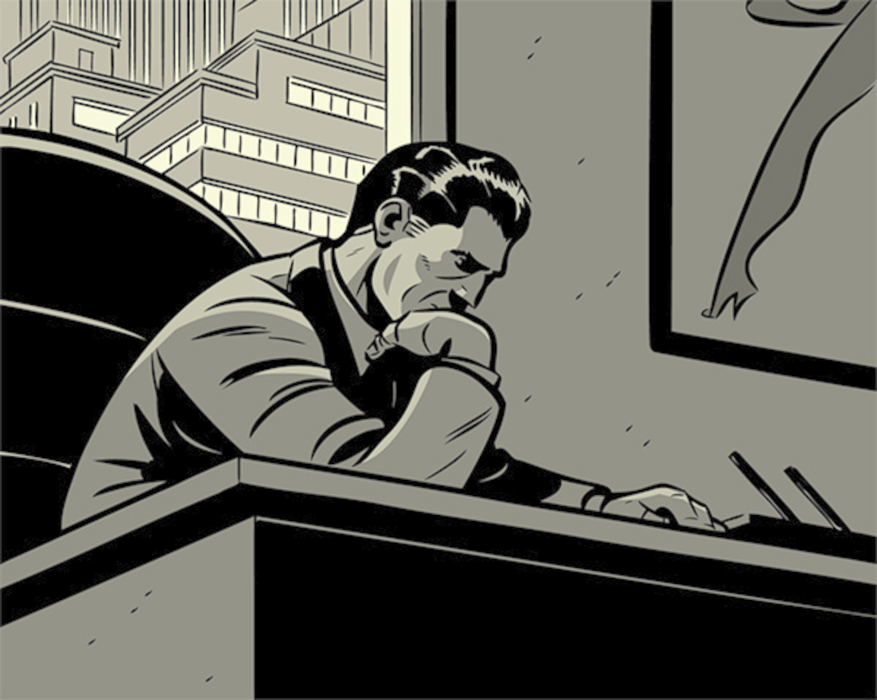Drake Darrow just got awarded a huge promotion. But instead of feeling elated, he felt uneasy.
Darrow, VP of marketing for clothing and equipment maker Daredevil Sports, had been making bold moves to grow the business—most of which were wildly successful; a few had bombed completely. Company CEO Brenda Lee and President Oscar Weinstein arranged a last-minute meeting with Darrow, so he expected them to tell him to tone it down and take fewer risks. Instead, they lauded his approach and promoted him to chief marketing and sales officer, a position newly created for him.
The caveat: VP of Sales Chris Tarton would be laid off at the end of the month. Darrow and Tarton have worked together at Daredevil for the past five years and have become good friends outside of the office. But Tarton’s approach is more traditional. And although the two collaborate far more than they clash at work, Lee and Weinstein don’t think Tarton is the right person to lead sales and help Darrow’s bold approach reach its full potential.
Darrow tried to change their minds, but to no avail. Lee and Weinstein want him to find new marketing and sales VPs to execute his bold moves—people who would devise their own innovative strategies in line with his.
As close as he and Tarton had become, Darrow wasn’t going to pass up this opportunity. But he couldn’t help feeling trepidation. After all, Tarton had helped him get his job in the first place.
A mutual business associate had recommended Darrow to Tarton when the latter was helping Lee and Weinstein recruit a marketing VP all those years ago. Tarton became Darrow’s number one cheerleader for the job. What’s more, Darrow was concerned about how Tarton will react when he learns that Darrow knew about his layoff nearly two weeks prior. But he didn’t want to put his promotion at risk by telling Tarton in advance. Still, Darrow didn’t want to lose Tarton as a friend, or as a colleague for that matter. He wanted to believe that Tarton could and would adapt.
How should Darrow handle the situation?








